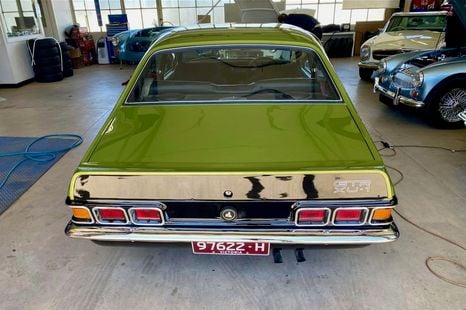

Ben Zachariah
Son searches for late father’s stolen Holden Torana XU1 to fulfil dying wish – report
13 Minutes Ago
The Victorian Government is investing $2.2 million in 214 additional electric vehicle chargers across the state.

Contributor
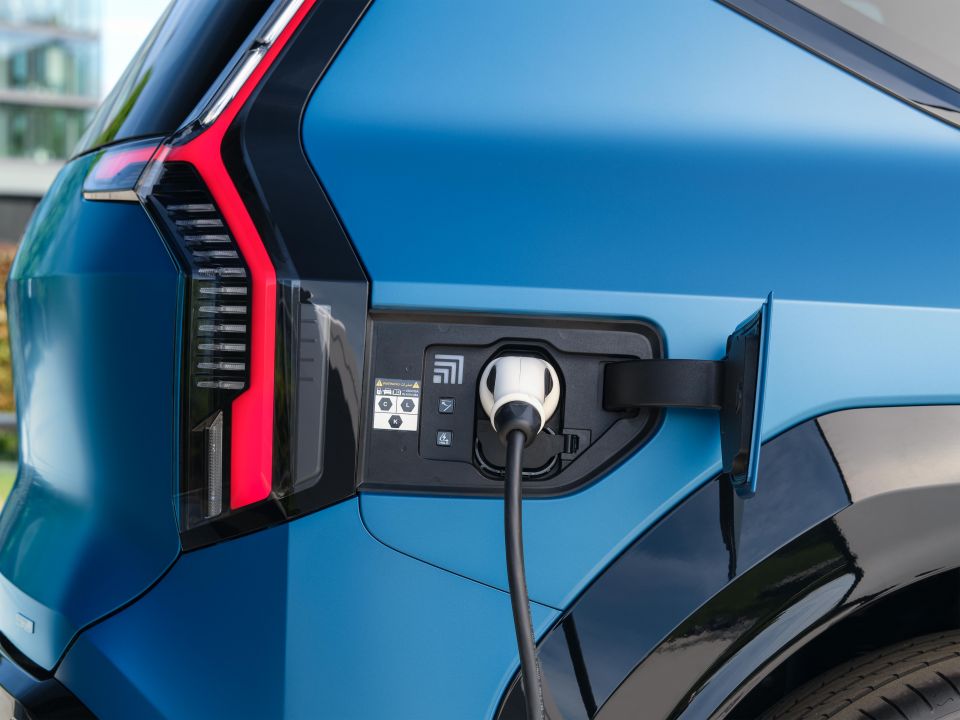

Contributor
The Victorian Government will install 214 new electric vehicle (EV) chargers across the state.
The $2.2 million investment into the state’s Zero Emissions Vehicle Technologies (ZEVET) program will cover four projects and see it work with charging providers JET Charge, Intellihub and Myenergi.
The state government hasn’t provided a timeframe.
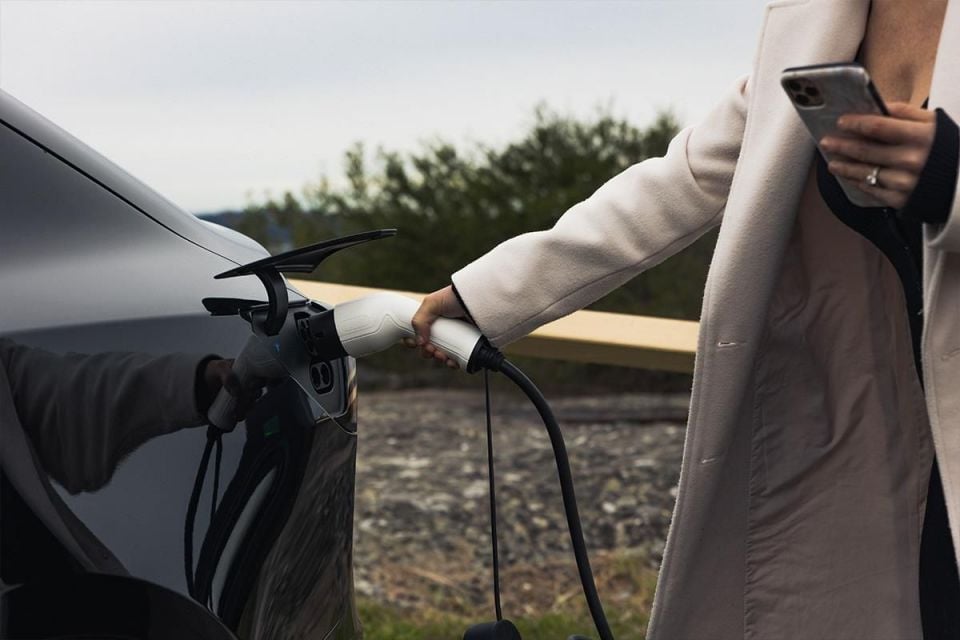
The new chargers will be a combination of fixed and portable units, and will supplement the 116 chargers the state is already rolling out.
The four portable units, developed by JET Charge, can be temporarily installed at popular summer destinations to combat EV charging delays while away from home.
The first portable charger will be deployed to the RACV Goldfields Resort in Ballarat.
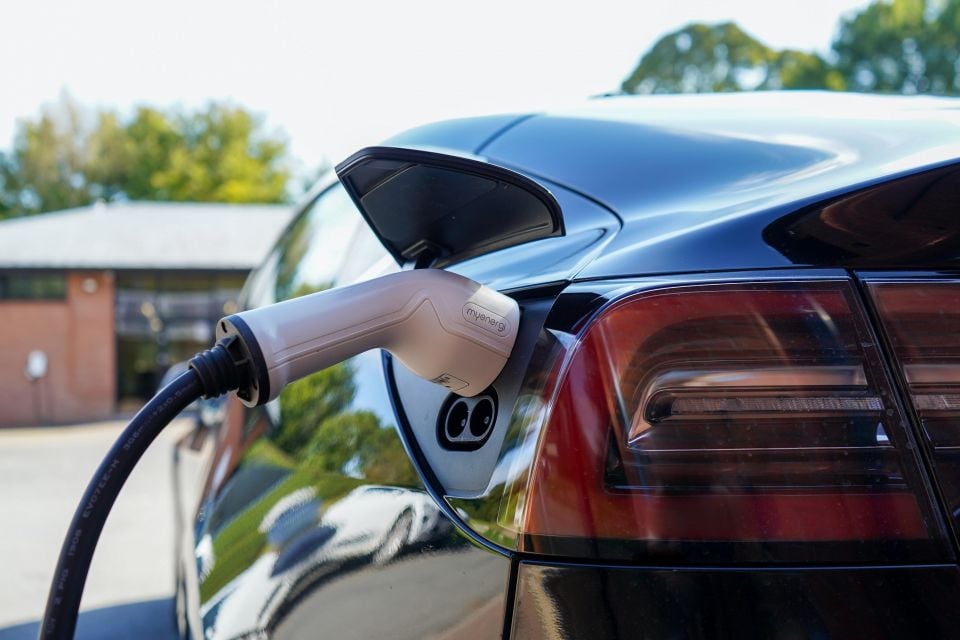
A range of chargers will also be deployed at public and private sites within metro Melbourne.
Jet Charge’s EV Charging Central – Apartments and Building project will allow 10 EV charging outlets to be located in an apartment car park and commercial shared car space, enabling easy accessibility for fleet users in metropolitan Melbourne.
100 EV chargers will be mounted to street light poles within Melbourne’s three inner-city local government areas by Intellihub.
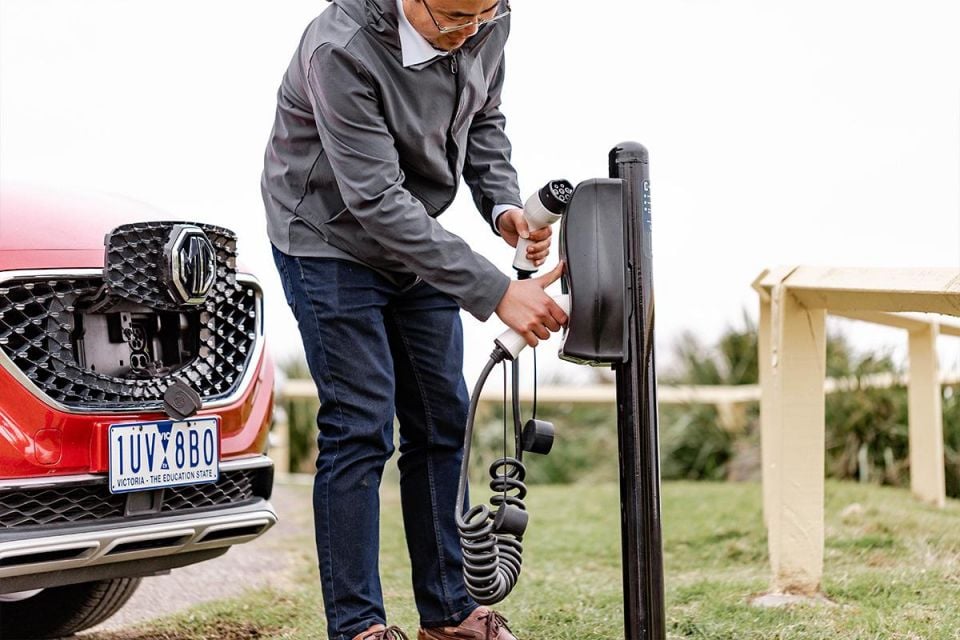
An additional 100 chargers will be installed at houses and businesses throughout Victoria which use solar panels on their roofs. These can use surplus electricity to charge an electric vehicle, and will be installed by Myenergi.
As part of incoming requirements under the National Construction Code 2022 energy efficiency standards, 100 per cent of car spaces in new apartment builds need to have space for switchboards and EV chargers.
By 2030 the Victorian Government plans for EVs to account for 50 per cent of passenger and light vehicle sales in the state, rising to 100 per cent by 2045.
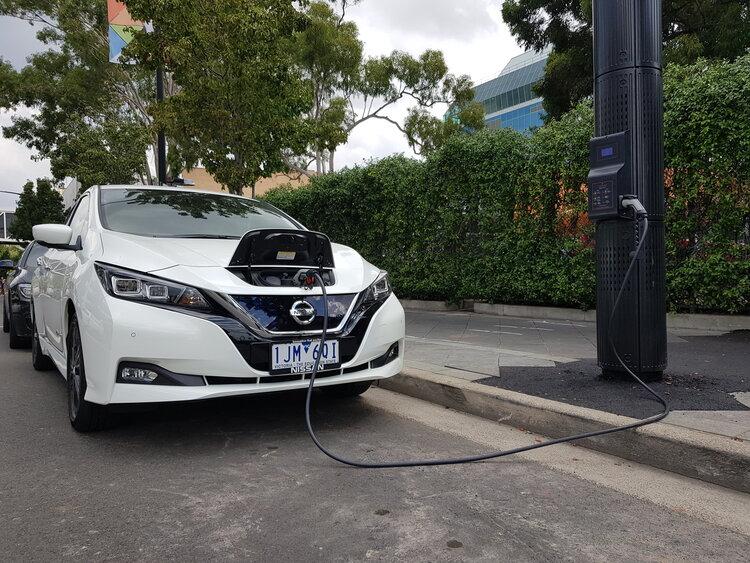
Victoria’s move to encourage EV uptake with greater charging availability stands in contrast with other policy decisions by the state government
In June 2023, it removed the $3000 EV subsidy after it saw a “growth in demand for ZEVs”.
The Victorian Government currently taxes EV drivers 2.8 cents per kilometre for electric vehicles and fuel-cell electric vehicles, which it increased earlier this year.
Victoria was the first Australian state to adopt a road-user charge (tax) for EVs, FCEVs and PHEVs, however, the New South Wales and Western Australian Governments are aiming to roll out similar taxes around 2027.
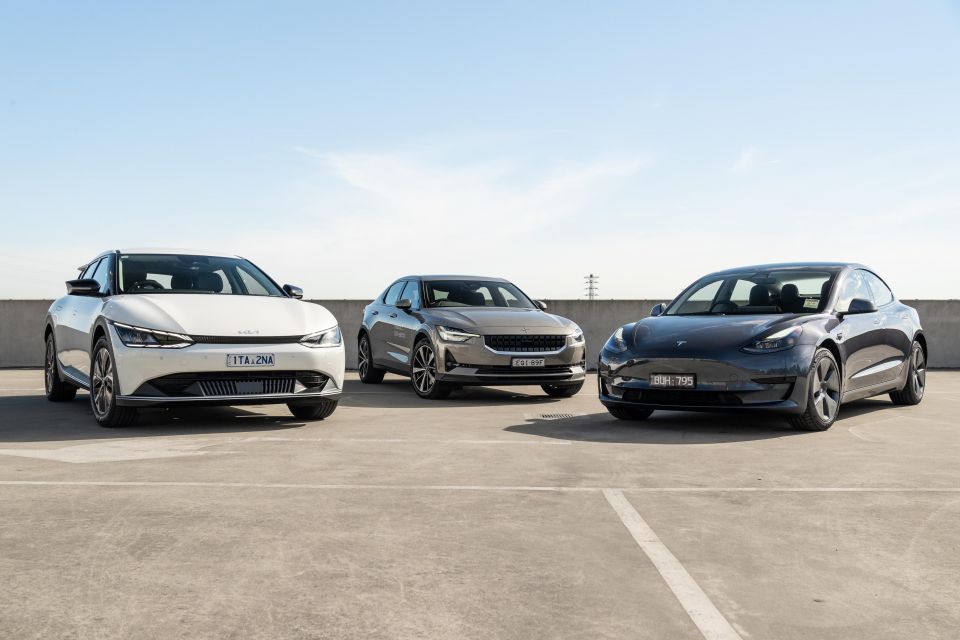
South Australia introduced one as well, but the recently elected Labor Government there has subsequently repealed it.
Until the end of July 2023, 49,938 electric passenger, SUV and light commercial vehicle were sold in Australia, which is up 385.4 per cent year-to-date.
For context, petrol passenger, SUV and light commercial vehicles (342,525 sales) over the same period went up by 7.0 per cent, whereas diesel passenger, SUV and light commercial vehicles (203,730) went down by 5.0 per cent.
In the first half of 2023, EVs had a total market share of 7.5 per cent in Victoria. In terms of overall share, that put the state behind the ACT (20 per cent) and New South Wales and Tasmania (8 per cent). Nationwide, EV market share sat at 7.4 per cent during this period.
Jade Credentino is an automotive journalist currently based in Melbourne, Australia. Jade has had a chance to review a variety of vehicles and particularly enjoys SUVs. She enjoys traveling and going on road trips exploring Australia.


Ben Zachariah
13 Minutes Ago
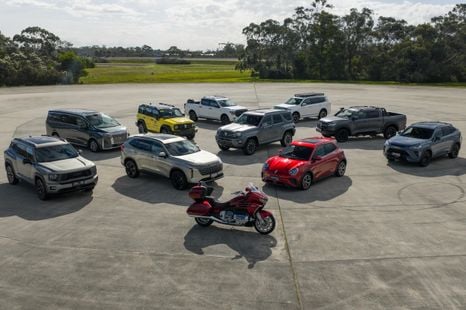

William Stopford
2 Hours Ago
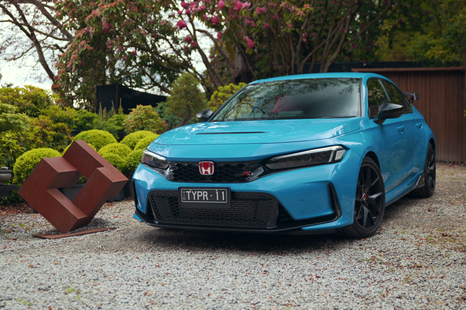

Max Davies
2 Hours Ago
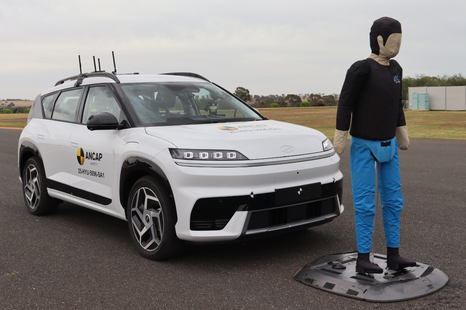

William Stopford
5 Hours Ago
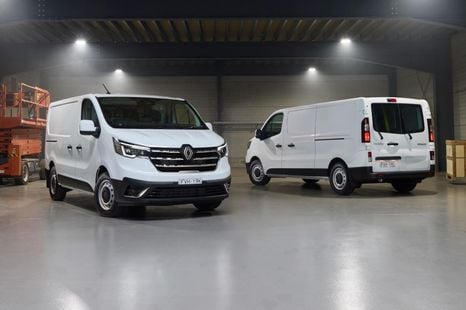

Ben Zachariah
6 Hours Ago
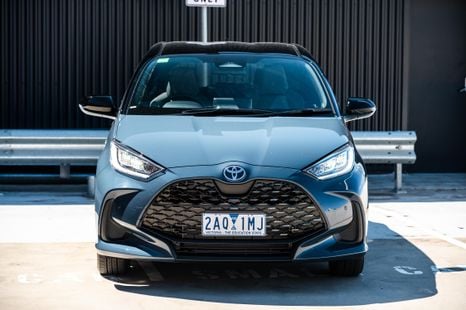

Derek Fung
8 Hours Ago
Add CarExpert as a Preferred Source on Google so your search results prioritise writing by actual experts, not AI.